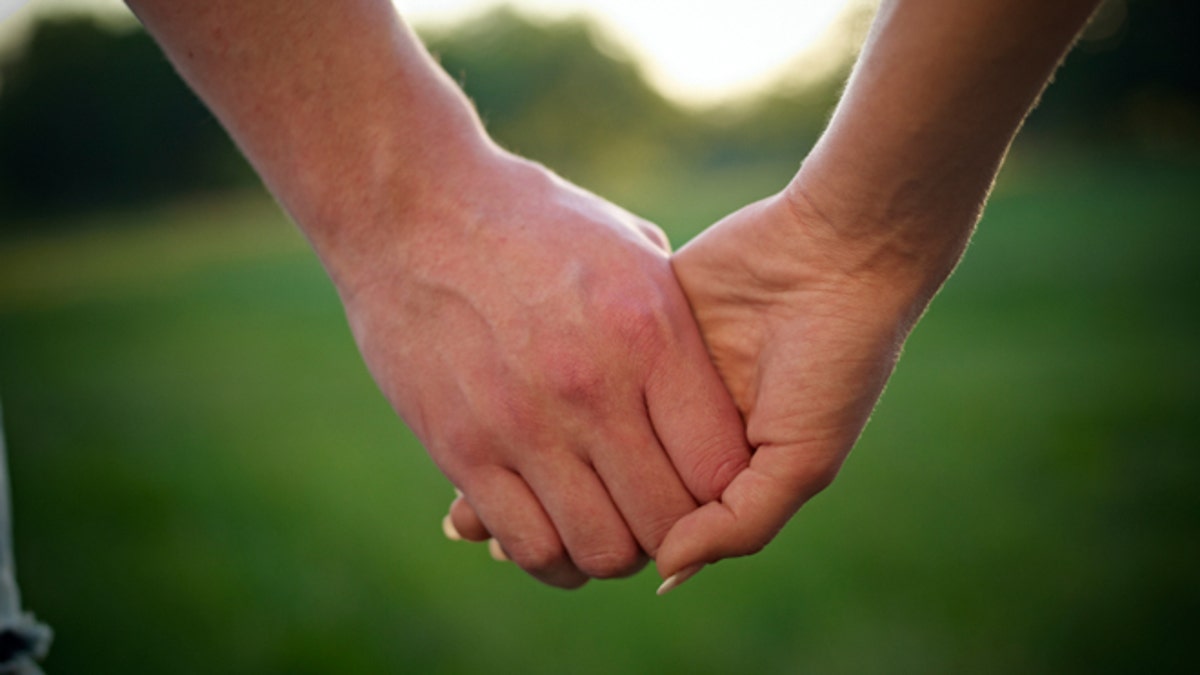
At a recent annual meeting of the United Nations' Commission on the Status of Women, Dr. Miriam Grossman, a child and adolescent psychiatrist, spoke on her belief that the groups like the International Planned Parenthood Federation (IPPF) and Sexuality Education & Information Council of the U.S. (SEICUS) are exposing young people to peril through their sexual education and sexual freedom initiatives.
Grossman believes such groups are remiss in skewing their publications toward educating teenagers around the world about how to have sex and how to enjoy having sex, and scarcely mentioning the risks involved.
In one particularly outrageous example, she points to an IPPF pamphlet called "Healthy, Happy and Hot: A Young Person's Guide to their Rights, Sexuality and Living with HIV."
The pamphlet, she contends, never really highlights that HIV is a serious medical condition. It takes pains, instead, to note that it need not mean the end of sexual activity, and it is the HIV-infected person's right to withhold information about their HIV status from sexual partners.
Grossman makes an important point: Educating children, adolescents and teens about sex is a balancing act between informing them about the sexual functions of their bodies and suggesting to them it is time to have sex with abandon. And when sexual education for this population minimizes risks and maximizes all the possible pleasures, it exposes millions to suffering, under the guise of enlightening them.
"Planned Parenthood" should not mean suggesting to 13-year-olds that sex is risk-free, so long as pregnancy is avoided, and abortion is readily available. For one thing, abortion itself is traumatic, in my opinion, to a large percentage of the females who opt for it. Not infrequently, it sets the stage for major depression, even suicidality--but you won't hear that from the pro-choice groups that advocate it as equivalent with freedom and equality.
Pro-choice would be better termed "no-choice," because having an abortion isn't exercising one's freedom; it is declaring one's helplessness to choose wisely--as in, for example, using contraception.
But Grossman's most timely point may be her mention of the fact that women and men do not bear the risks associated with sex equally. Women are primarily the ones for whom sexually transmitted diseases can mean infertility. They are the ones who can become pregnant when they don't want to be pregnant. They are the ones for whom sexually transmitted diseases can mean developing cervical cancer.
As an adult and adolescent psychiatrist, I would go further: Generally speaking, it is young women who bear disproportionate emotional risks from early sexual intercourse. This is because, generally speaking, I believe, females are more likely than men to feel emotionally injured--sometimes, for a lifetime--when sexual intercourse is not accompanied by any significant emotional investment from their partners.
Yet, you won't hear that warning from Planned Parenthood or the women's rights movement, who, in a misguided attempt to level every playing field on which men and women meet, have lied about the relative impact to males and females of sex without emotional connectedness.
The truth is (and I wish that the United Nations Commission on the Status of Women, IPPF and SEICUS would admit it): Females are disproportionately psychologically vulnerable to expressing their "sexual freedom," not just disproportionately physically vulnerable. I am convinced, by listening to thousands of patients over the past 20 years, their emotional wiring--influenced by neurochemistry and endocrine physiology and the realities of female reproductive anatomy--makes having many sexual partners more psychologically perilous than is the case for most males.
The argument that females should imitate males in their sexual exploration, rather than considering that the historical reticence of females to be so brazen could be based in the wisdom of the body and the psyche, not purely in gender prejudice, is a bankrupt one.
It is time women considered whether the gender equality movement gave them many well-deserved equal rights, while depriving them of some of their most important and most genuine feelings.
